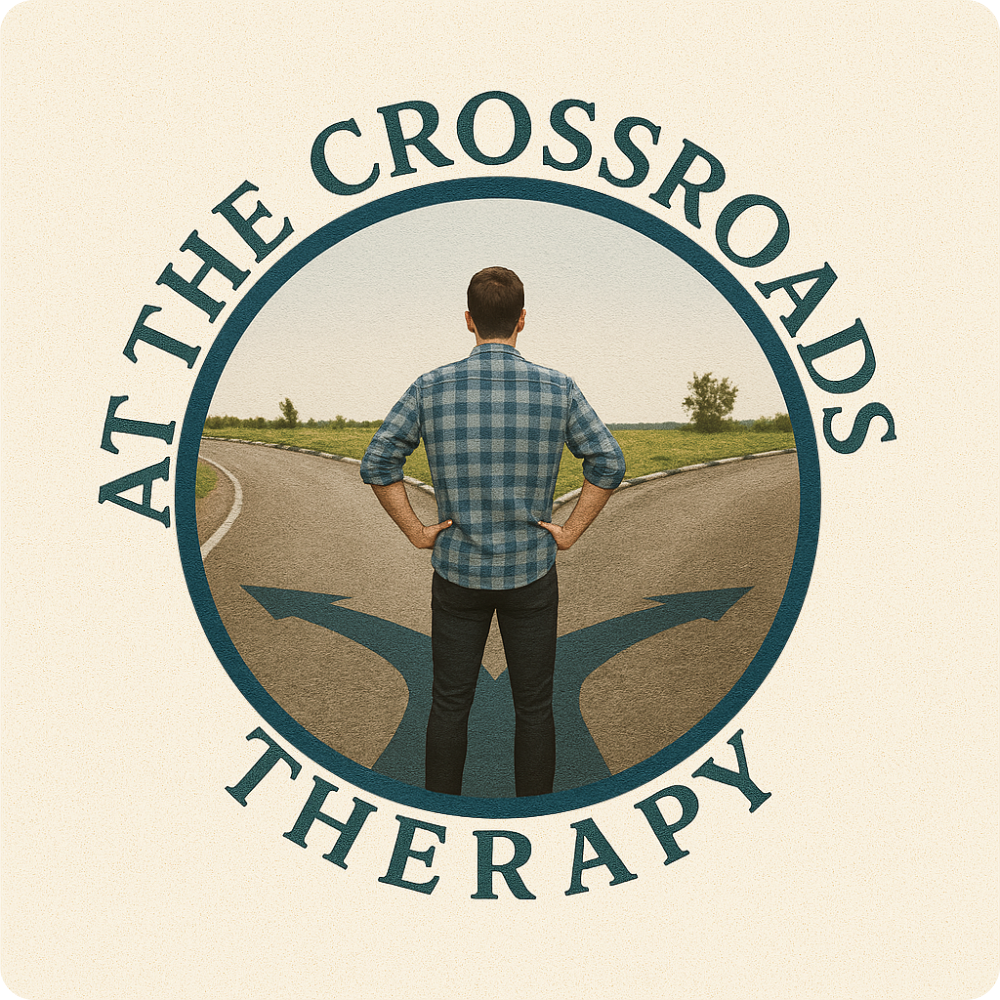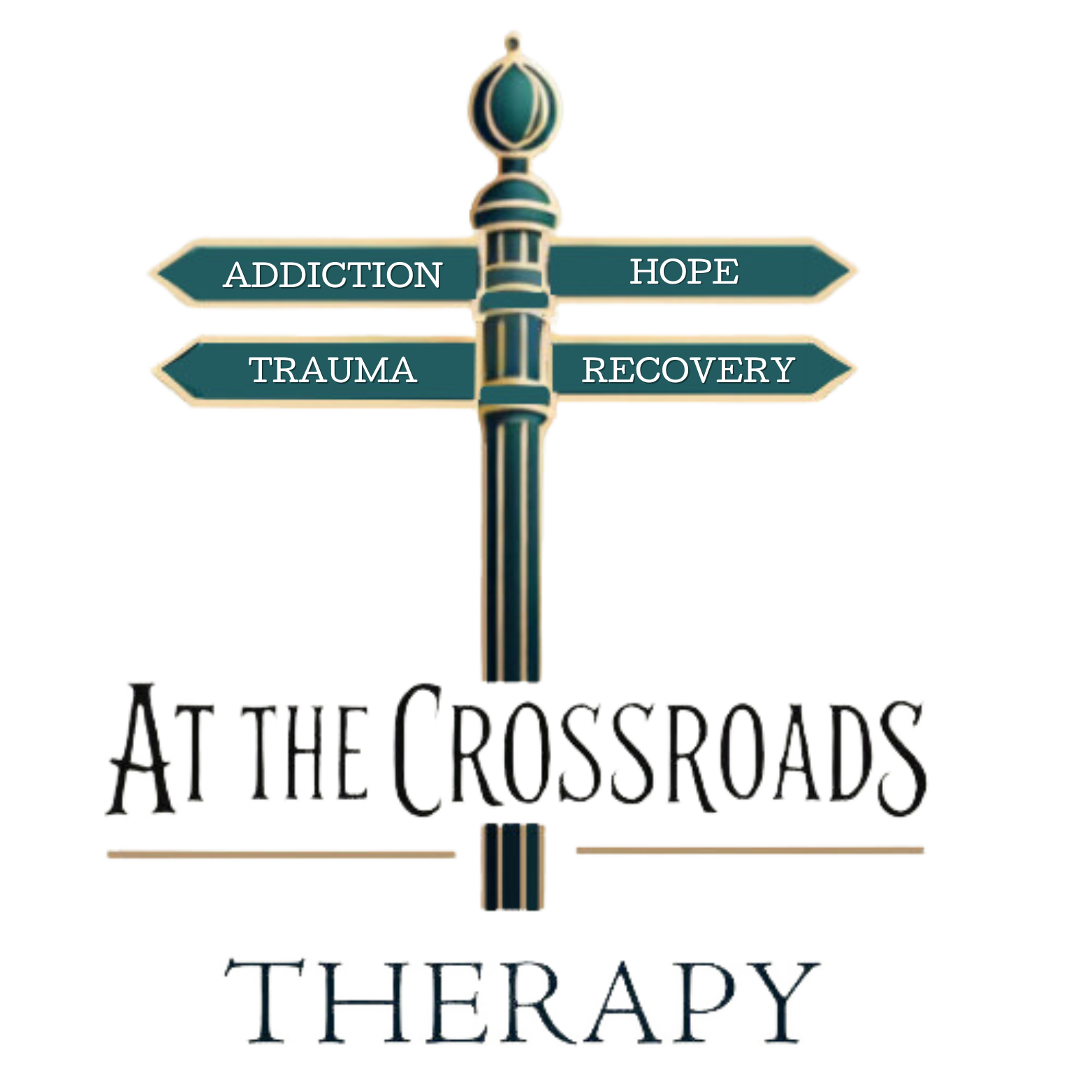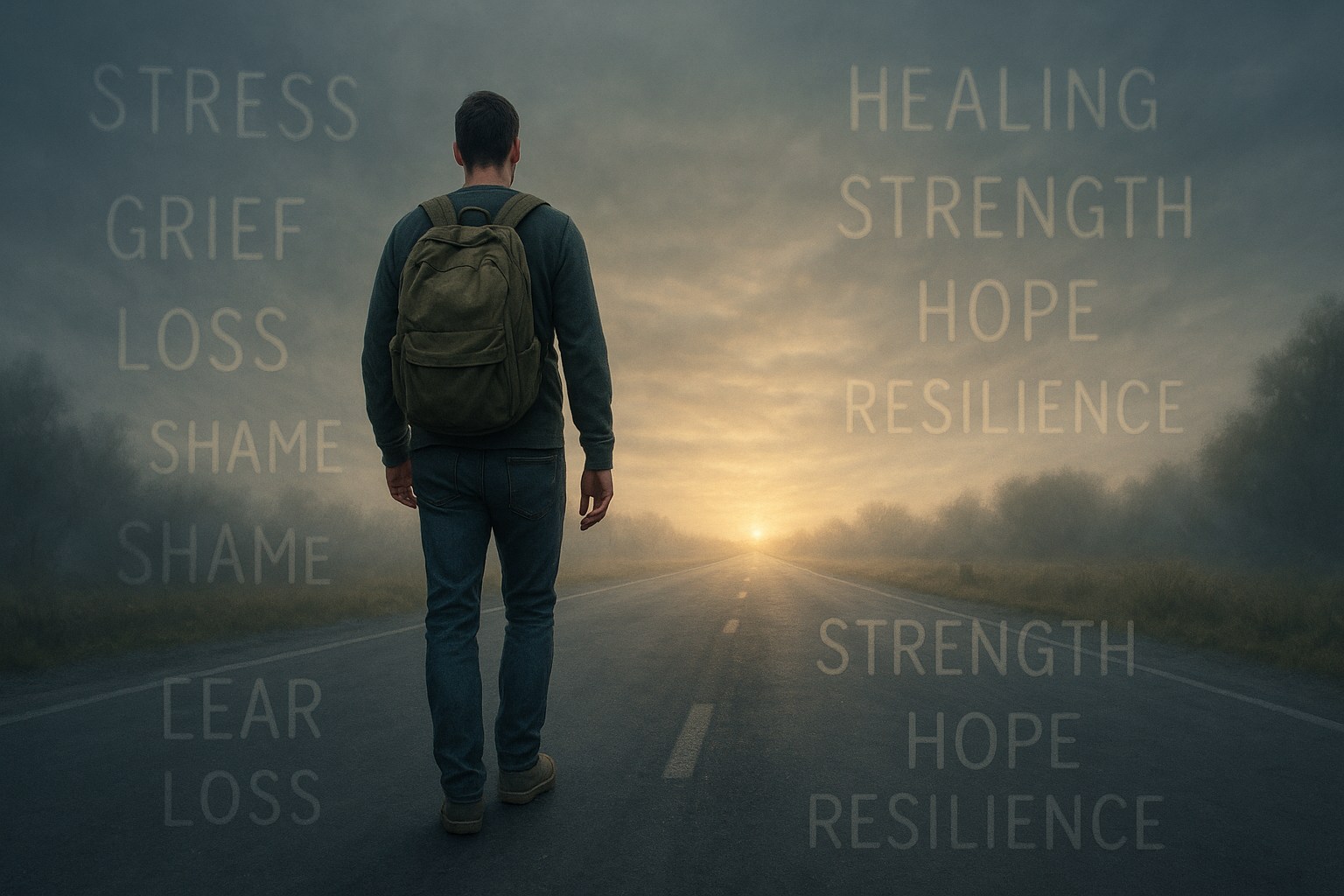Article
breaking free part 2

What Does It Take to Leave the Past Behind?
Strategies to Let Go of the Past
Moving on from past experiences, especially painful or traumatic ones, is often easier said than done. For many, it takes years of therapy and personal growth to heal from significant events fully. However, releasing the grip of the past is crucial for true recovery—whether from addiction, mental health struggles, or other personal challenges. Dwelling on past regrets can hinder progress, making embracing a healthier, more fulfilling future difficult.
If you're looking to break free from the weight of the past, here are four key strategies to help you move forward:
Your Past Doesn't Define Your Future
A central theme in mental health and addiction recovery is the idea of creating a new life and developing healthier habits. While substance use and behavioral health challenges can have profound effects on the body and mind, they do not define who you are as a person.
Research continues to reveal how addiction and mental health disorders alter brain function, particularly in areas related to risk and reward. These conditions can cloud judgment, leading individuals to make choices they wouldn't normally consider. As a result, many people in recovery struggle with feelings of guilt, remorse or regret over past actions that were influenced by their condition.
However, it's important to remember that mental health struggles and addiction do not discriminate—they can impact anyone, regardless of background. These challenges may have shaped your experiences, but they do not have to dictate your future.
That's why rehabilitation and recovery programs emphasize renewal. The past does not have to be a permanent label or a life sentence. Treatment offers an opportunity to rebuild, and no matter how difficult your past may have been, you deserve a chance to move forward without carrying the weight of shame indefinitely.
Acknowledge the Past—Don't Dwell on It
There's a fine line between learning from past experiences and becoming stuck in them. Looking back can be valuable when it leads to self-awareness and growth, allowing you to recognize past patterns and make healthier choices moving forward. However, dwelling on past mistakes or painful moments without progress can hold you back.
Rather than obsessing over what can't be changed, focus on how those experiences can shape a stronger, healthier future. True recovery comes from understanding the past without letting it define your present or your potential.
Take Meaningful Action
Letting go of the past requires more than just reflection—it requires action. A key part of moving forward is recognizing what you can and cannot change.
If you are stuck on a past event, ask yourself: "What can I do right now to change or improve this situation?" More often than not, when it comes to past events, the answer is nothing. This is why many recovery programs emphasize the importance of acceptance, often referencing the well-known Serenity Prayer: Grant me the serenity to accept the things I cannot change, Courage to change the things I can, And wisdom to know the difference.
True healing comes from using past experiences as lessons rather than obstacles. The key is to shift your focus from what was to what can be. Taking action in your present life—whether through setting new goals, pursuing personal growth, or making amends where possible—can help you break free from the past and build a future filled with purpose.
Healing Through Communication
Many people struggle to move on from the past because they haven't found the closure they need—a sense of resolution or emotional release. While past events cannot be changed, finding peace is still possible with the proper support.
Seeking professional guidance can be a powerful step toward letting go. This is why therapy and counseling play a key role in both inpatient and outpatient treatment programs. Talking through unresolved emotions with a behavioral health specialist can provide a fresh perspective, helping to reframe past experiences in a healthier way. Sometimes, shifting how you view an event is enough to ease its emotional grip.
Cultivate Forgiveness
For many, the struggle to move on isn't tied to something they did but rather something that was done to them. This is especially true for those who have experienced Adverse Childhood Experiences (ACEs), where young victims are often powerless to change their circumstances.
As they grow into adulthood, unresolved trauma may lead them to blame those responsible for their suffering—often family members or caregivers who were supposed to protect them. The feelings of betrayal and anger can be overwhelming, making healing difficult.
However, research suggests that holding onto blame can be emotionally draining and may prevent personal growth. An article from PsychCentral highlights that while feeling like a victim may seem justified, allowing pain to define you is not the healthiest way to process the past. Learning to release resentment—whether through therapy, self-reflection, or support groups—can be a powerful step toward emotional freedom. Forgiveness isn't about excusing harmful actions but reclaiming control over your life and emotional well-being.










